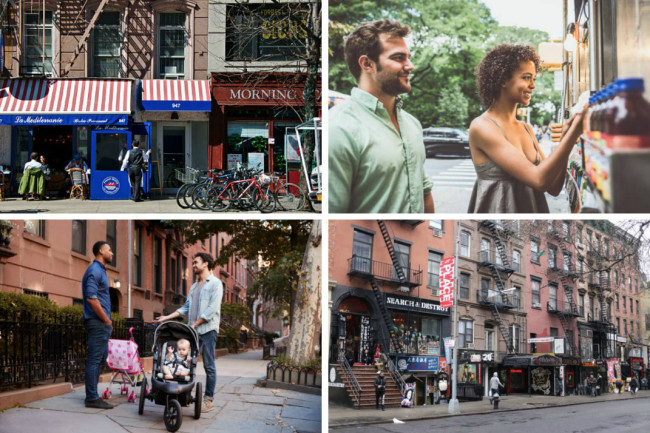Can I afford a starter apartment in a NYC co-op?

Many co-op boards want to see that buyers have enough liquid assets to pay two years' worth of maintenance and mortgage fees.
I have $500,000 in cash and social security survivor benefit income, but am currently unemployed. I have never owned before and am a recent widow with a son. We've been renting in Yorkville and like the neighborhood very much. Is it a total waste of time to look for a starter apartment in a co-op? I'm currently job hunting and my credit is good.
It's not necessarily a waste of time to look for a co-op, but your options in the Yorkville neighborhood may be limited, our experts say.
Most co-ops in New York City require a down payment of 20 to 25 percent of the purchase price. Beyond that, many co-op boards also want to see that buyers have enough liquid assets to pay two years' worth of maintenance and mortgage fees. (For more information, see Brick's guide to buying in NYC.)
You may want to wait to buy until you're employed, because even with $500,000 in cash, you will not find many choices at a price that's comfortable for you.
"If you’ll pay all cash, there may be some options in a studio or a tiny one bedroom," says Deanna Kory, a broker with Corcoran. "If you want a larger apartment, it may be difficult to find something that you can truly afford, given monthly maintenance figures, not to mention having to take a mortgage."
When it comes to taking out a mortgage, there are several factors that lenders will consider before approving you.
"Mortgage approvals are based on income, debt, assets, credit scores, and reserves in order to determine how much money you can borrow and pay per month," says Robbie Gendels, senior loan officer at National Cooperative Bank (FYI, a Brick sponsor). "Buildings may have requirements as well, including required down payments, debt-to-income ratios, as well as the ability to pay."
Co-ops tend to have more stringent requirements for prospective buyers' debt-to-income ratios than mortgage lenders, so that may be another potential hurdle. Many co-ops seek buyers whose monthly debts—which includes mortgage and maintenance fees, student loans, and car loans—do not exceed 25 to 30 percent of their monthly income.
"If your gross monthly income is $2,400 from Social Security, the co-op will typically allow you to spend between $600 and $800 per month, which is 25 to 33 percent," Kory explains. "There aren’t many co-ops in Yorkville that have that low of a monthly maintenance figure."
To face this challenge, you have a few options. Consider whether you have any other assets or income that could go toward purchasing a co-op. You may also want to reach out to a mortgage broker and see what size loan you would qualify for. You could also continue renting until you're employed and your debt-to-income ratio improves.
There's one more option that may make it possible to buy now.
"Look for what is called a sponsor apartment," Kory suggests. "It is usually an apartment where there was a renter who left the property. There is usually no board approval required; however, you will have to pay all cash, or if you take out a mortgage, the risk of getting the mortgage will fall on you."
And lastly, be sure to hire a good broker to help with your search.
Trouble at home? Get your NYC apartment-dweller questions answered by an expert. Send your questions to experts@brickunderground.com.
You Might Also Like






























